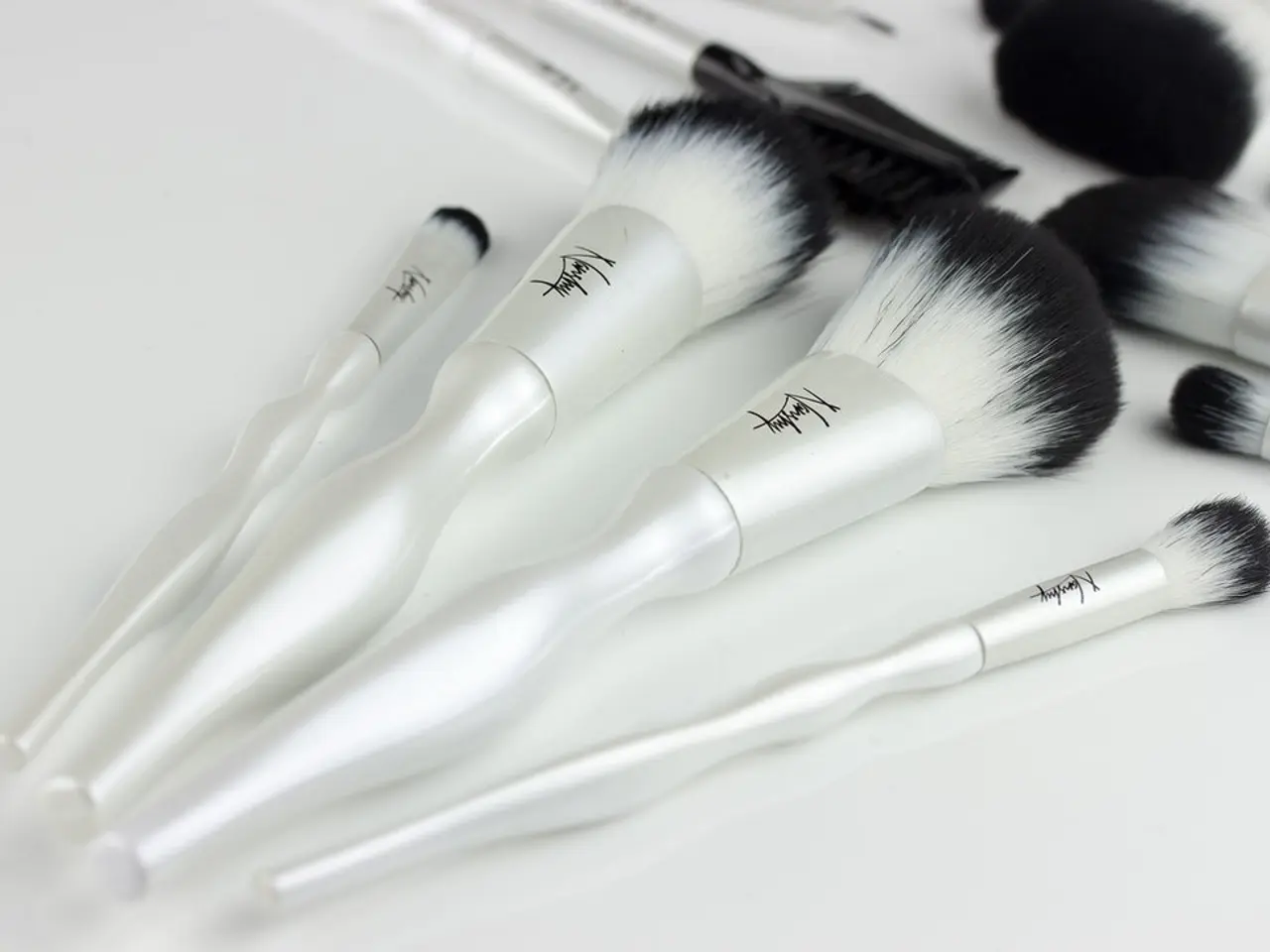Lasting Effects of Botox: Duration and Other Key Factors
Botox, the popular cosmetic treatment for wrinkles and a medicinal tool for various health issues, typically lasts between 3 to 6 months. However, the duration can vary significantly due to several factors.
The muscle strength and activity in the treatment area play a crucial role. Areas with stronger or more frequently used muscles, such as the forehead or around the eyes, tend to metabolise Botox faster, potentially shortening its duration.
Dosage and injection technique are equally important. Proper dosing and expert placement of the Botox solution often result in longer-lasting effects compared to insufficient or poorly placed injections.
Individual metabolism also plays a part. People with faster metabolisms can process Botox more quickly, leading to a reduced duration of effect. This includes factors like overall activity levels and natural metabolic rate.
Regular Botox treatments can "train" the muscles to relax over time, potentially extending the longevity of future injections. Some patients experience results lasting up to 6 months or longer with consistent maintenance.
Lifestyle factors such as excessive sun exposure, smoking, high stress, and intense physical activity can accelerate the breakdown of Botox effects. Good skincare habits, including daily use of sunscreen and antioxidants, help maintain the results longer.
Adherence to post-treatment guidelines, such as avoiding rubbing the treated area, delaying strenuous exercise for a few hours, and refraining from blood-thinning medications without medical advice, can preserve Botox's effectiveness.
In summary, the duration of Botox beyond the typical 3 to 6 months depends mainly on muscle characteristics, metabolism, treatment techniques, regularity of injections, and lifestyle/aftercare practices. Maintaining a consistent treatment schedule and healthy skin habits are key strategies to maximise how long Botox results last.
It's important to note that Botox can cause side effects such as difficulty swallowing, difficulty breathing, generalised muscle weakness, and infection. Prospective patients should disclose any health issues or current medications during a consultation before undergoing the procedure.
The average cost of a Botox injection is $408, according to 2019 estimates from the American Society of Plastic Surgeons. The procedure is usually quick, with the doctor injecting Botox into the desired sites during the treatment. The number of injections depends on the desired results and the area involved.
Some people see results as early as 3 days after the Botox injection, but the full effects may not appear until 14 days. Practicing certain facial exercises may cause the effects of Botox to appear sooner.
Botox is an injectable substance that inhibits muscle movement. It's essential to receive injections from an experienced and certified medical practitioner to ensure the best results and to minimise the risk of complications.
While Botox is generally safe, some people should not receive it, including those who are pregnant, breastfeeding, under 18 (unless medically necessary), allergic to any ingredients in the solution, or have ever had an adverse reaction to Botox.
Botox is the trade name of Botulinum toxin, a substance that can be lethal if used incorrectly. It's crucial to seek treatment from a qualified professional to ensure safety and effectiveness.
Having multiple Botox injections in the same area may increase the duration of the effects. To make Botox effects last longer, receive injections from an experienced and certified medical practitioner, and follow aftercare guidance carefully.
- Science and medicine have found innovative uses for Botox beyond cosmetic purposes, treating various medical conditions like chronic diseases and neurological disorders.
- For individuals with respiratory conditions, digestive health issues, or eye-health problems, Botox offers potential therapeutic benefits.
- People dealing with hearing problems, skin conditions, or autoimmune disorders might also find relief with appropriate therapies and treatments that include Botox.
- Additionally, Botox contributes to the fields of fitness and exercise, sexual health, men's health, women's health, and parenting by addressing specific concerns in those areas.
- Supporting overall health and wellness, Botox can enhance one's quality of life while undergoing proper nutrition and skincare routines.
- Considering the wide range of applications, it's essential to discuss health issues, current medications, and any possible allergies during a consultation with a medical professional before undergoing Botox treatments.
- Botox can be valuable in the treatment of cardiovascular health issues as well, but further research is needed to determine its full effects.
- In the realm of health and wellness, CBD, an increasingly popular product, may complement Botox as it is used to alleviate chronic pain and promote relaxation.
- Despite being safe for most individuals, Botox should not be used by those with cancer, severe allergies to its ingredients, or those who are pregnant or breastfeeding.
- Those with a history of poor reactions to Botox or allergies to its components should avoid using this treatment.
- Botox is not exclusively a cosmetic procedure; it has various applications in the medical world and requires careful consideration and professional guidance for safe and effective results.




